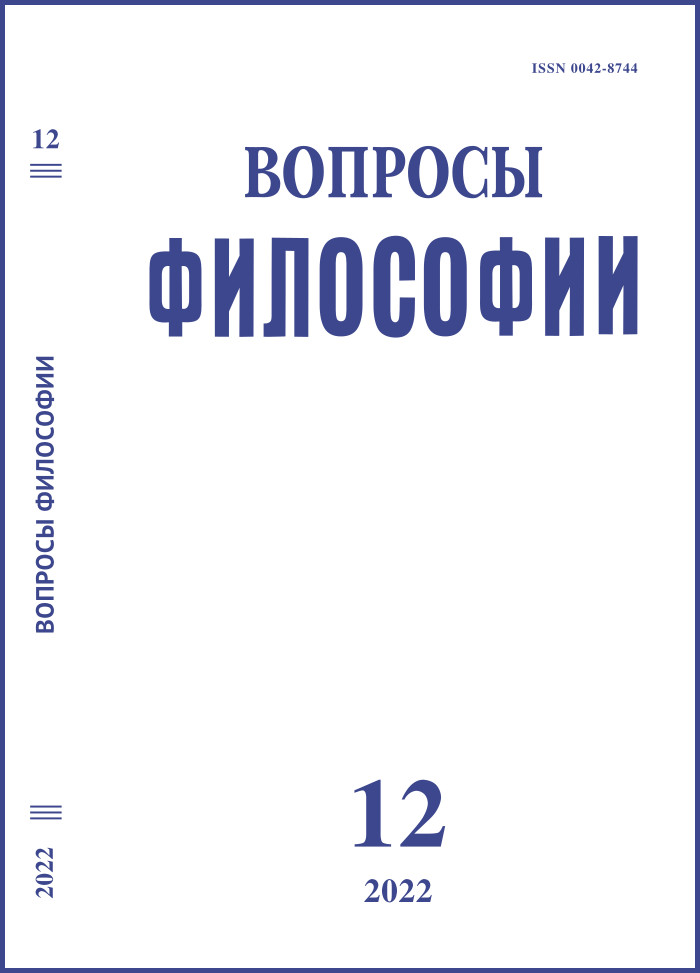Longing for Our Conversations: Correspondence between Nikolai Zhinkin and Roman Jakobson
DOI:
https://doi.org/10.21146/0042-8744-2022-12-137-147Keywords:
intellectual culture, R.O. Jakobson, N.I. Zhinkin, epistolary heritage, sphere of conversation, phenomenology, interdisciplinarity.Abstract
“Export” of intellectual culture or “transfer of ideas” is one of the most urgent problems of philosophy. The trajectories of the movement of thought are difficult to trace in historical contexts. The archive of the epoch becomes the foundation of such historical and philosophical research and requires, among other things, an understanding of the epistolary heritage of intellectuals. We present the correspondence of two Russian humanitarians, R.O. Jakobson and N.I. Zhinkin, who belonged to the same “sphere of conversation” in the 1920s and who resumed communication in the 1960s. They wrote letters to each other from 1958–1979, exchanging publications and opinions on various scientific and methodological problems, as well as discussing the possibility of translating Zhinkin’s “Mechanisms of speech” (1958). Their correspondence makes it possible to clarify the trajectories and transformations of phenomenological ideas in Russian intellectual culture of the second half of the 20th century. Zhinkin’s book “The Mechanisms of Speech” is acquiring no less significance today. At its foundation, the author puts the idea of communication, which will allow him to reach such a complex methodological problem as an interdisciplinary synthesis. Jakobson appreciated Zhinkin’s research because he believed that such phenomena as language, speech, and thought require a holistic structural approach, where joint physiological, psychological and philosophical research can give excellent results.
Downloads
Published
Versions
- 2025-02-07 (2)
- 2022-12-31 (1)

